Change language:
Budapest Zoo ranked among Europe’s best! – Programme Guide

Budapest Zoo has been ranked 15th on the Sheridan list of top zoos in Europe and occupies the top spot in Hungary.
The unofficial Sheridan list ranks zoos based on visitor experience, the parks’ level of services, and the professional work carried out in the zoos.
Budapest Zoo scored 207 points, putting it in 15th place on the list of Europe’s top 126 zoos.
As such, it beat the zoos in Copenhagen, Berlin, Amsterdam’s Artis Zoo, and several other major European menageries.
The ranking is compiled by British zoo expert Anthony Sheridan, who turned to reviewing Europe’s top zoos in 2007, after a successful business career in the electronics industry.
The Budapest Zoo ranked 17th out of 110 zoos on the last Sheridan list released in 2018. The institution has improved its ranking by two places in recent years, while the total number of zoos included in the evaluation has also increased.
Budapest Zoo
Budapest Zoo enables visitors to discover the wildlife of seven continents in the Hungarian capital. The wide range of animal curiosities – more than 8,000 unique animals – live in the fascinating historic zoo on a territory of 11 hectares.
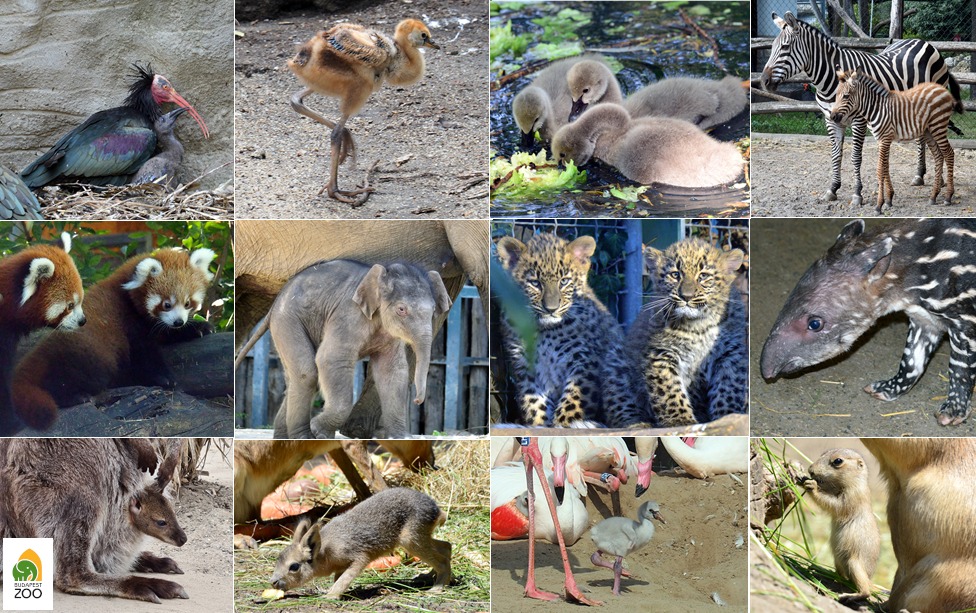
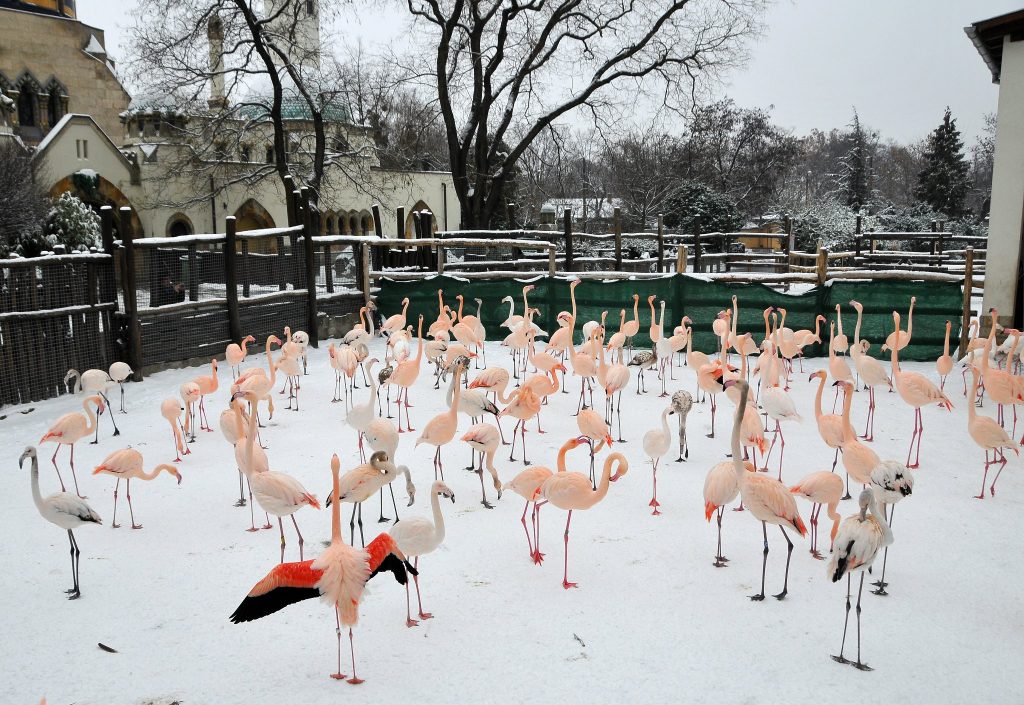
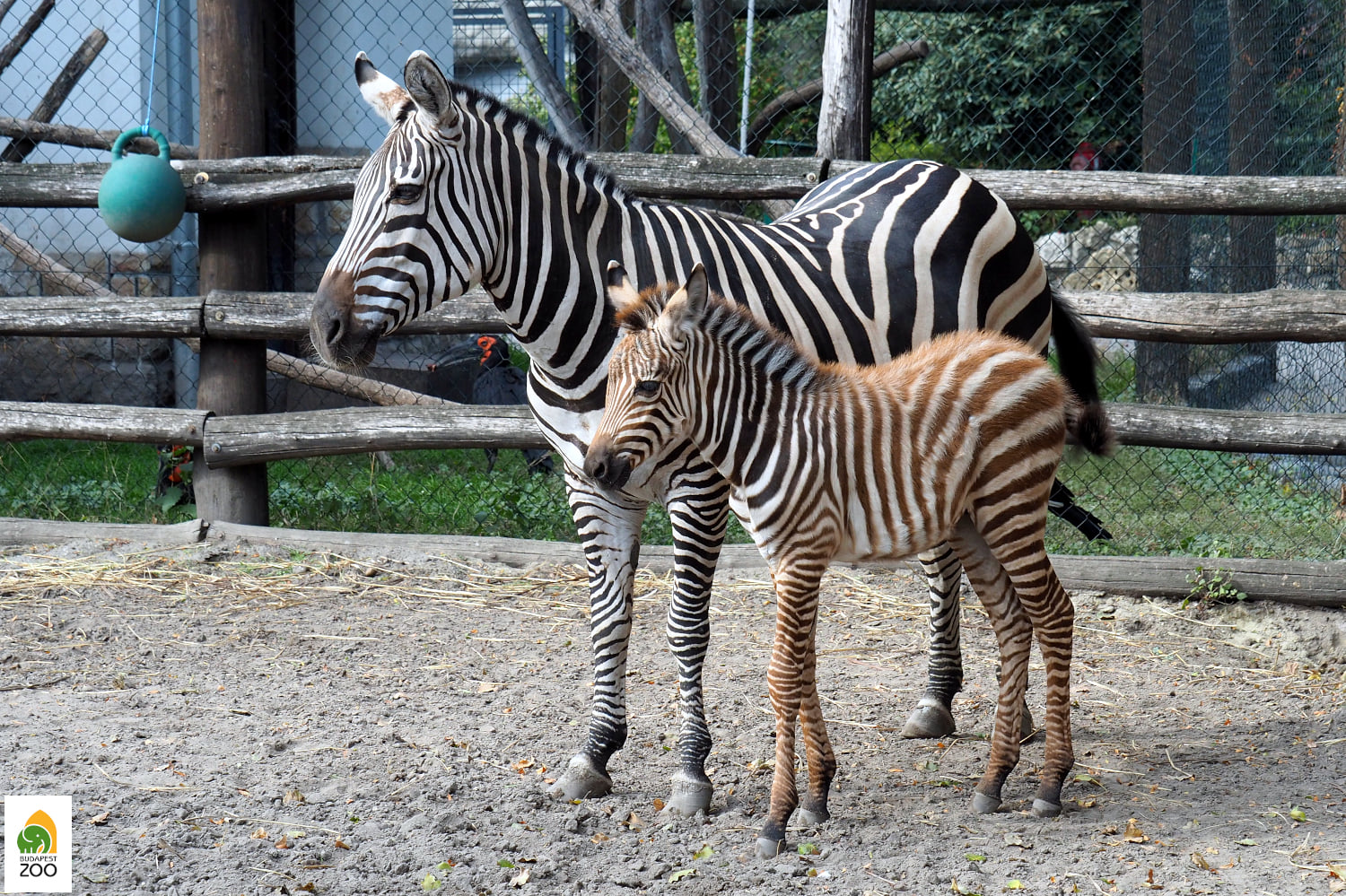
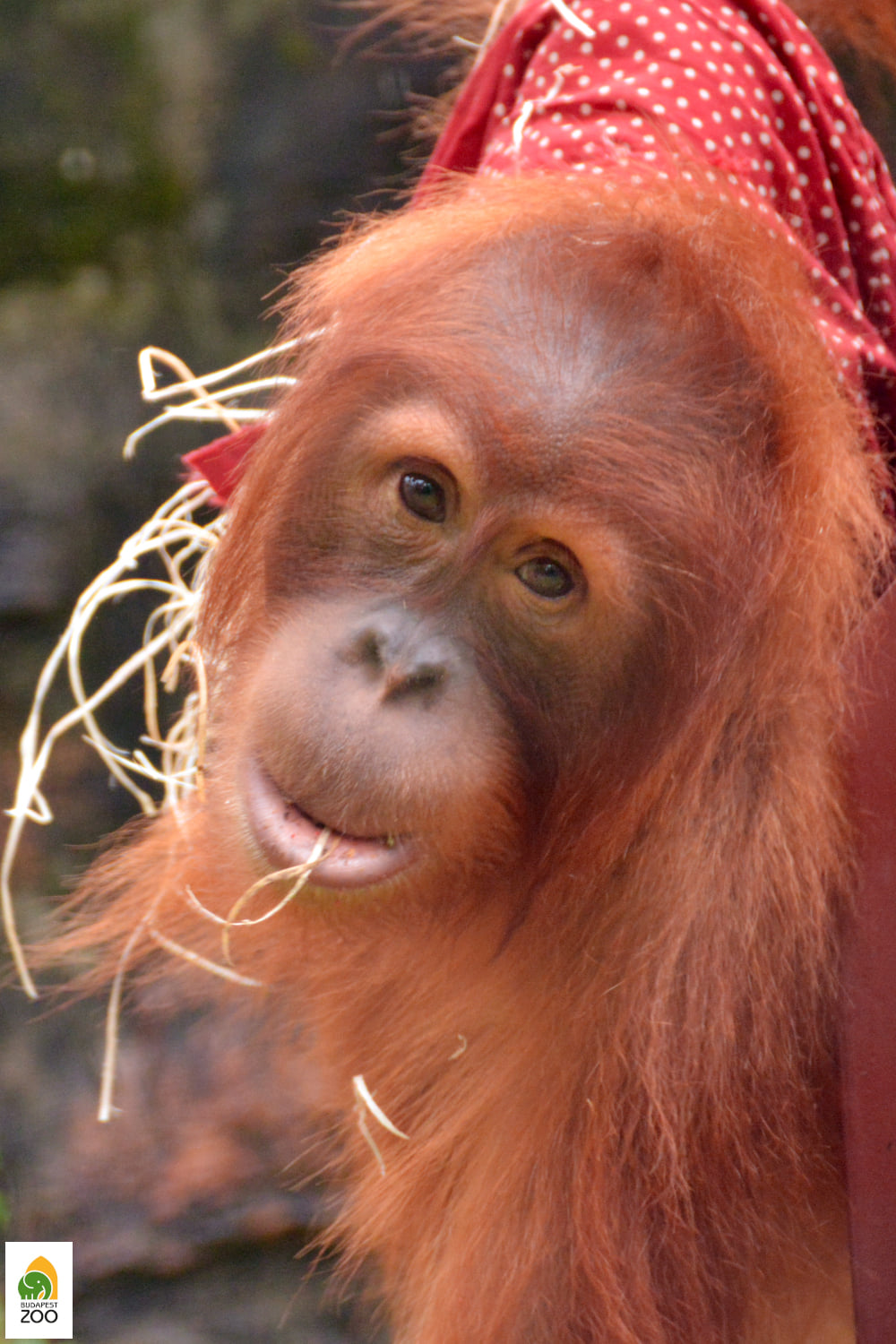
Among others, you can get an insight into the Australian or Madagascar wildlife, discover the America Tropicana and the Savannah Zone or get immersed in the World of Waters. The bravest ones should not miss the house of giant reptiles or the bat tent either, after which they can finish their tour in the relaxing atmosphere of the Butterfly and Botanical Gardens of Budapest Zoo.

Photo: facebook.com/allatkert
In the wintertime, the zoo is open from Monday to Sunday from 6 am to 4 pm. Tickets – adult tickets cost HUF 3,300 (€ 10), children’s tickets cost HUF 2,200 (€ 6) – can be bought online or on site.
Programme guide
This weekend, Budapest Zoo awaits its visitors with a special bear carnival.
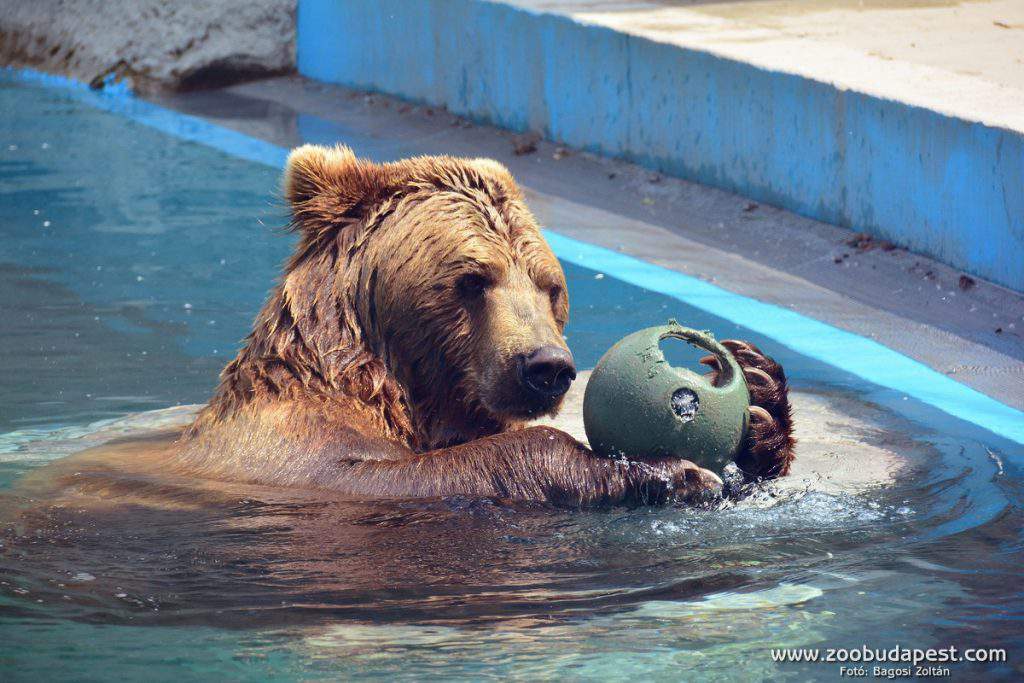
At the event, you can see brown bears and polar bears being fed, as well as sea lions being trained. Find more details about the programme HERE.
The entrance for children under 14 years of age in a costume or with a teddy bear is HUF 200 per person. Tickets can be purchased from 29th January at the ticket offices or online.
Source: mti, zoobudapest.com








I was at Budapest zoo a few months back and was also at another European zoo many years ago.I know the staff are professional and do their best to take care of the animals. When I was at budapest zoo the temperature was around 36c and to see a polar bear in this heat was heartbreaking,also to see a magnificent elephant inside a small glass plated room feeding himself from overhead,to see a Siberian tiger lying down in the heat while people all around were trying to see him and making noise did not seem natural. Nothing has changed from many years back and I feel the concept of zoos is wrong. These animals would be better off left in the wild rather than put on display to suit the whims of modern day adults and children. The money spent on zoos would be better spent preserving the natural forests and habitats of these beautiful animals.Some might argue that the species are being protected and otherwise might be extinct,I say protect the environment and the animals will survive,
@Patrick Condon. Zoos can be important in bringing back endangered species from the brink of extinction (in fact, the Przewalski’s horse was saved because of zoos) through selective/captive breeding. You say protect the environment and the animals will survive, but that is very idealistic of you (not bad to be idealistic). The growing population of humans and interaction between humans and animals often put the animals at the disadvantage. We can see how the European bison went almost extinct in Europe due to a growing population. Another example is that Elephants in many African countries have come into conflict with humans (ex: trampling over fences and farmland). Obviously, we should protect the environment but it also requires careful planning to prevent conflict between humans and wildlife.
Another point I want to make is that zoos can also save animals who are too sick/injured/old to be released back into the wild. I will admit
that many zoos can also be cruel. Some of the zoos are poorly run and do not serve the interest of the animals. If zoos focus on the rehabilitation and preservation of animals then I have no problem with zoos.